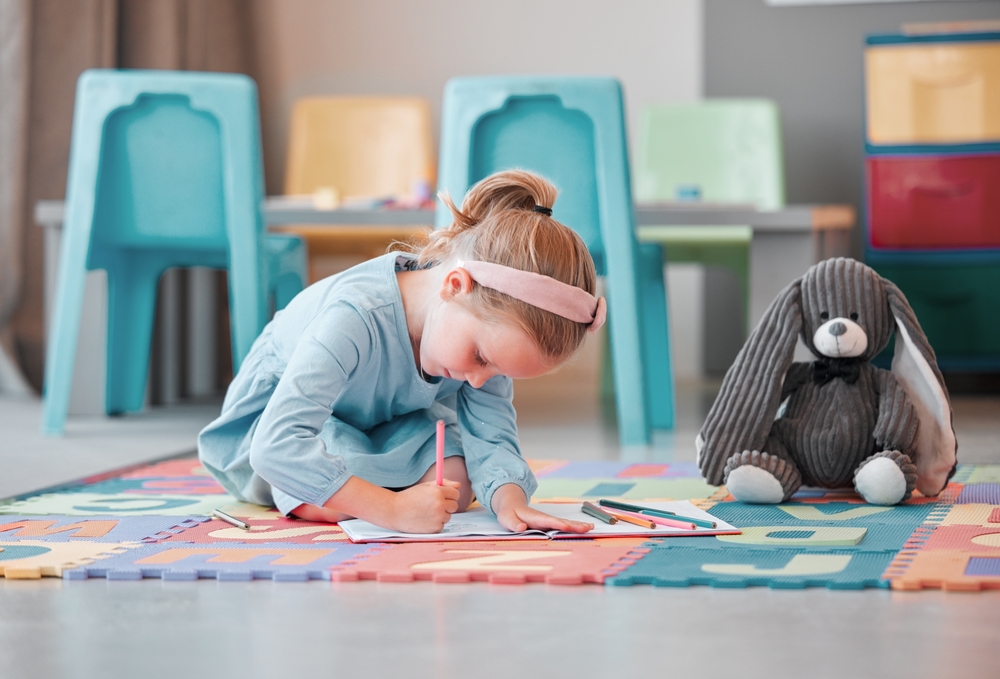What are our interests as adults in a world that standardizes instead of individualizing? And most importantly, as parents, what areas are we going to enhance to foster talent development in our children and in future generations?
Asking questions and thinking carefully about the educational direction of one’s person and family seems to be a matter of course. However, in our barely raising our eyes from cell phones increasingly likened to pupil magnets, we observe how these reflections are actually only superficially treated by us adults almost as a chasing after a condition that never seems to arrive.
In my teenage years in high school I remember how my interests evolved, from motocross competitions, to classical guitar, to the concept of travel. These merged with studies that held little interest but rather went to limit the fields of educational experience. While I have immense respect for the tremendous work of high schools and educational institutions, it is important to ask questions about what works and what should necessarily change for educational evolution.
This coincides with individualized stimulation and structured exposure to the student’s interests as he or she begins to learn about himself or herself in the preadolescent and adolescent stages as a function of a changing identity. Unfortunately, the current resources of schools, not only in Italy, but in the countries where I have lived in the last 18 years of my career little is able to implement an individualized focus of the student who risks being left without educational guides in such delicate years of growth.
In this personal and professional investigation, I have had the immense opportunity to study and work as a researcher at the University of Cambridge between 2015 and 2021 to explore this condition of interest in students and what schools are doing to support it on a practical level. All of this research is based on academic literature in the field of PlusDotation, Giftendess, and Talent Development, which we will cover over the months in this column.
In this research journey, I have been able to study case studies of schools in Italy, China, England and publish work in a book for Routledge entitled “Understanding Giftedness: A Guide for Parents and Educators” easily purchased online. In this anticipation of learning more about this academic field, come visit me at La Scuola d’Italia, New York.
The article Giftedness and Talent Development comes from TheNewyorker.

